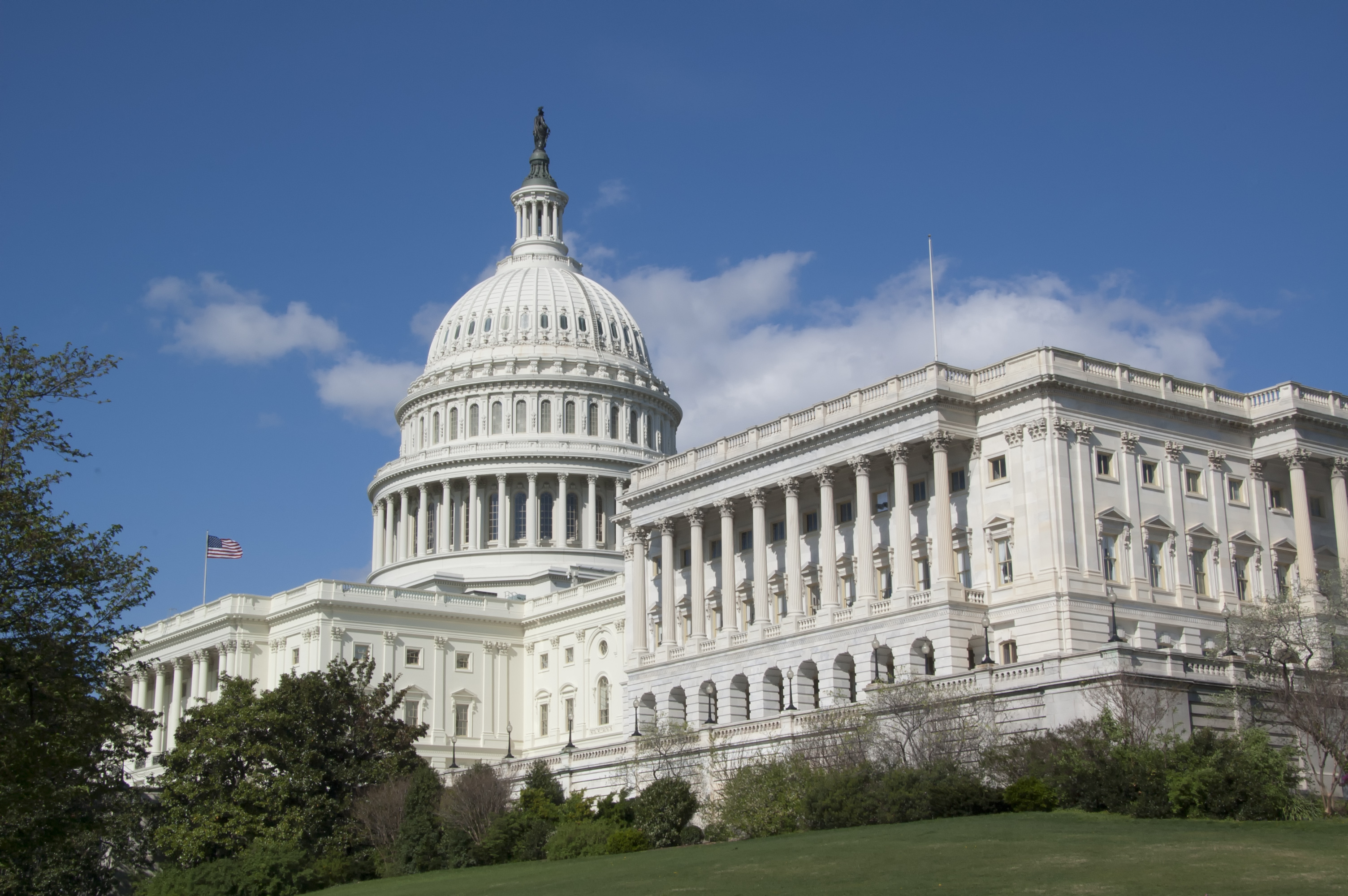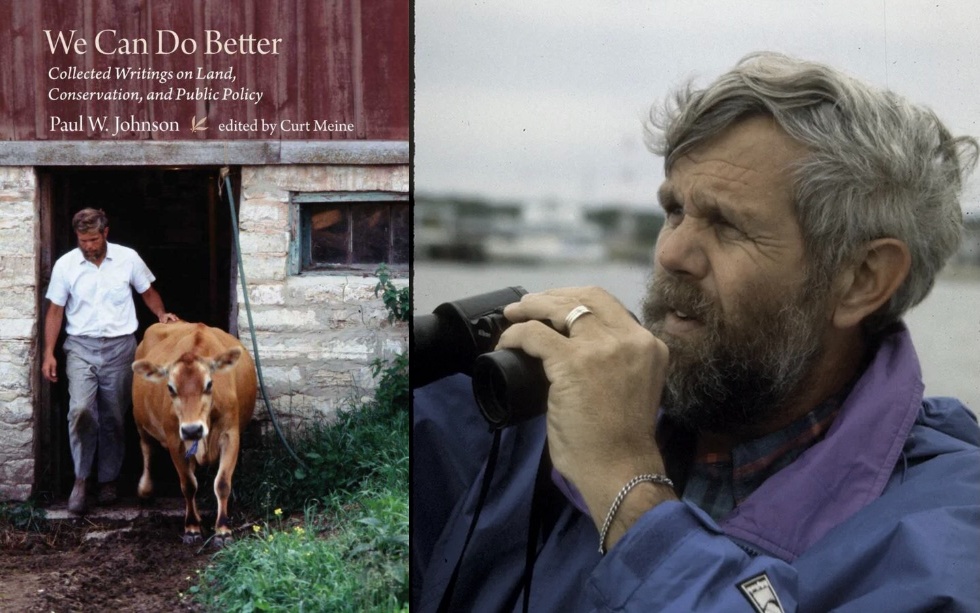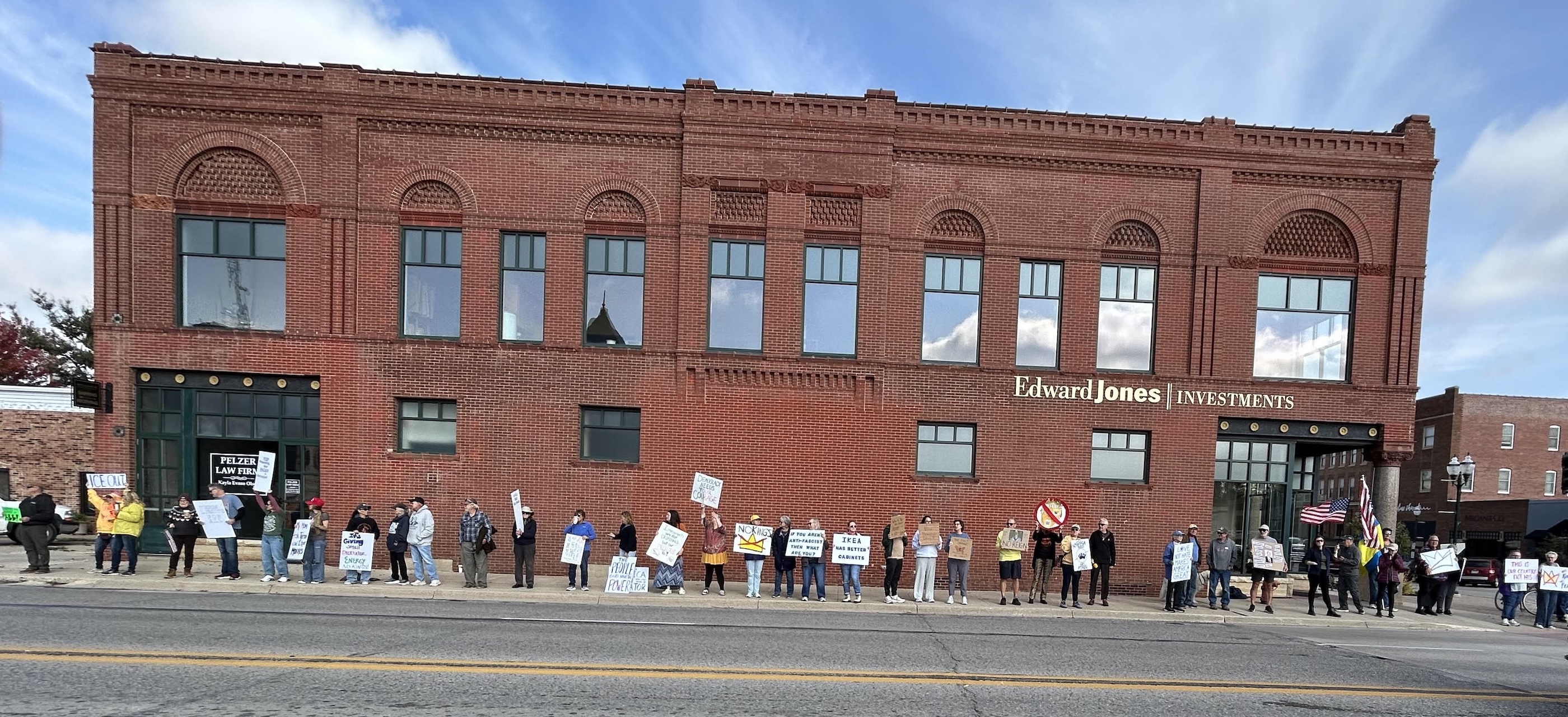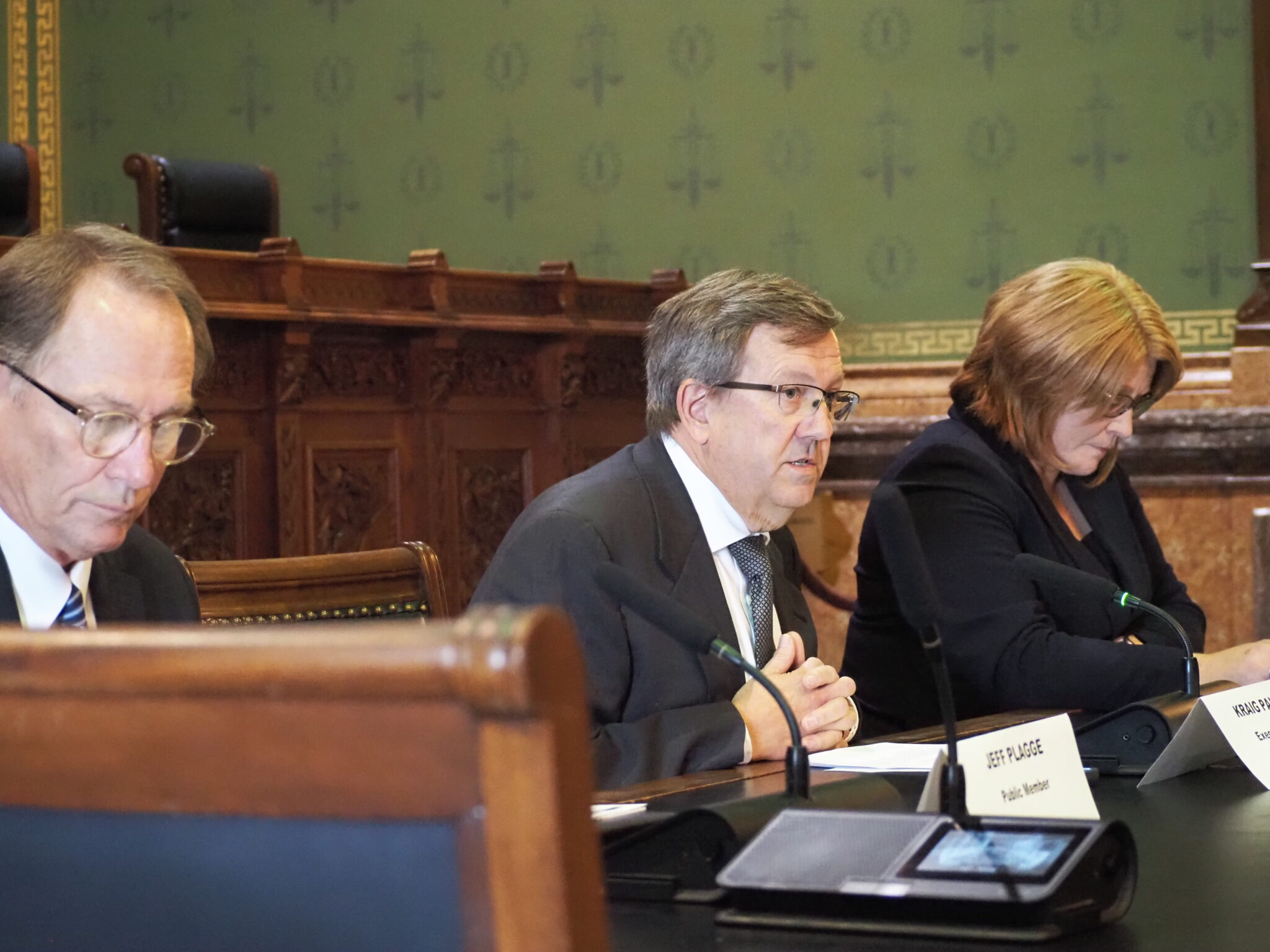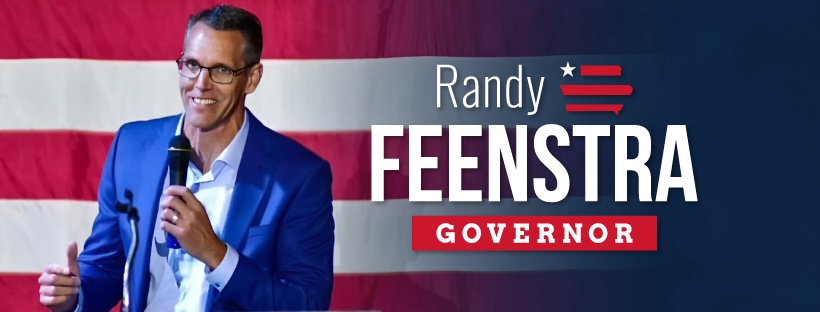A new Iowa poll is testing messages about a $4,000 tax credit to help families cover “approved education expenses,” and suggests that approach may save taxpayer money currently spent on children enrolled in public schools.
It’s not clear who commissioned the text survey, which has been in the field in recent days. The questionnaire points to Randy Feenstra’s campaign for governor, which is technically still in the “exploratory” phase, or some entity planning to support Feenstra for governor. Many of the questions use preferred Republican frames (“education freedom,” parental choice, “limiting government overreach”). The poll asks how important it is for Iowa’s next governor to “work to improve K-12 education,” and tests only one potential match-up: Randy Feenstra vs. Rob Sand. (Last month, Bleeding Heartland covered a different poll testing messages about Feenstra and Sand.)
Homeschoolers are an important Republican constituency, especially among social conservatives. Families who send their kids to private schools—almost all of which are Christian or Catholic—would also welcome an education tax credit, in addition to the taxpayer assistance they already receive through Iowa’s school voucher program (“education savings accounts”).
Feenstra has good reason to search for ways to shore up his support with the “education freedom” crowd. His underwhelming victory over a little-known 2024 primary challenger highlighted troubles on his right flank. He is unpopular among property rights activists who oppose the use of eminent domain to build Summit Carbon Solutions’ proposed CO2 pipeline. He has skipped forums involving other Republican candidates for governor, including an Iowa Faith and Freedom Coalition event in July. Feenstra’s exploratory committee has the resources to pay for opinion research.
A recent poll of “likely Republican voters,” conducted by American Viewpoint, found Feenstra “in a commanding position,” with 41 percent support in the governor’s race and no other GOP candidate above 5 percent. A cautionary note: American Viewpoint’s polls for Feenstra’s U.S. House campaign found the incumbent with a roughly 50-point lead over challenger Kevin Virgil before the 2024 GOP primary. Feenstra ended up winning the nomination in Iowa’s fourth Congressional district by a margin of 60.1 percent to 39.4 percent.
Continue Reading...





